In the field of fertility treatments, intrauterine insemination in Iran is one of the important treatments that gets done in this country. Iran, with modern facilities, more than 60 specialized fertility institutes, and human resources helps infertility couples to get rid of their issues and conceive a child.
Iranians are at such a level of proficiency in infertility treatments that they have developed and designed an IUI kit. According to Dr. Farhang Abed, the manager of the project, the kit was designed and developed at Pardis Technology Park.
IUI in Iran performs at high-quality and effective clinics and at a reasonably low cost. That is why this country is a good destination for patients who want to get various fertility treatments like IUI, or IVF-Infertility treatments, from the middle east and all around the world.
Ermateb is an Iranian-based medical tourism complex that offers medical and beauty procedures to patients all around the world. This company offers you the best medical services with the highest quality.
WHAT IS IUI AND HOW IT IS PERFORMED?
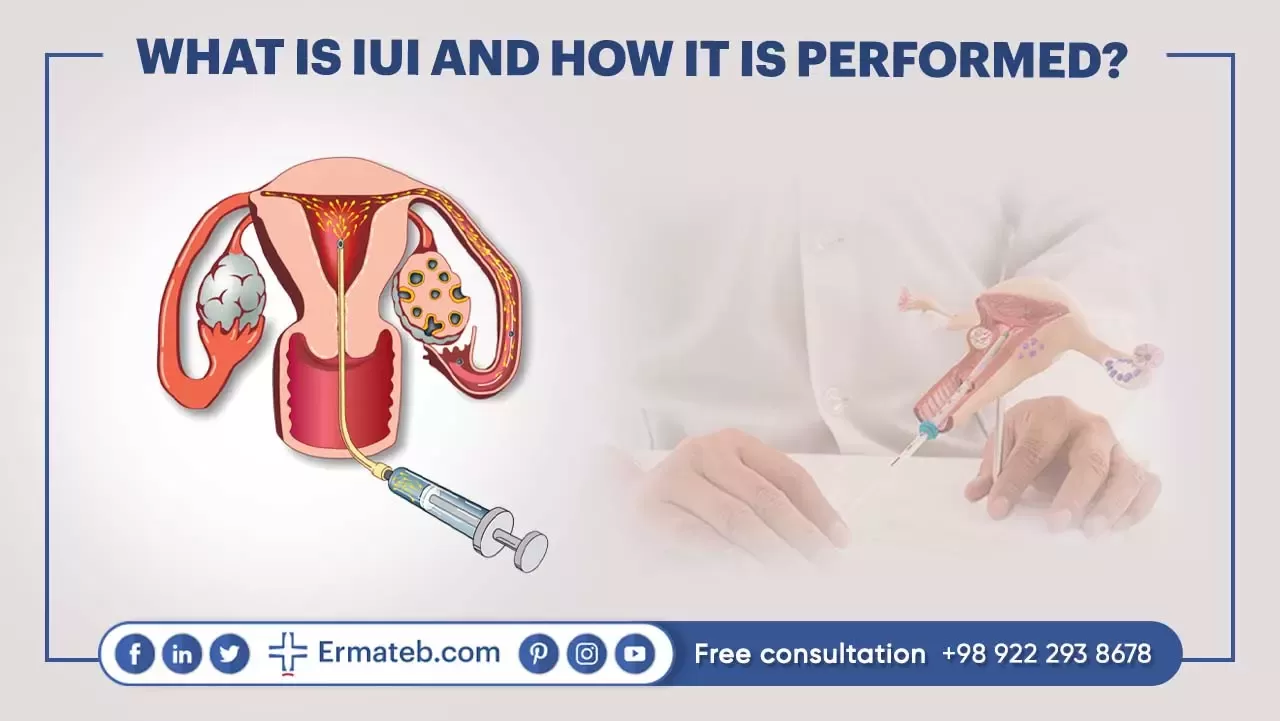
The intrauterine insemination method brings more sperm near to fallopian tubes and therefore increases the possibility of oocyte fertilization. Before the sperm is placed into the uterus, it is washed to eliminate non-motile sperm and mucus to increase the chance of pregnancy or prevent the transmission of some diseases like HIV.
It is performed at the time of ovulation. For women who have ovulation disorders, it will be done in conjunction with ovulation induction treatments for women who have.
Before any treatment gets done, doctors examine couples to identify any issue that has made them unable to conceive a child normally and naturally. These tests include sperm quality, motility or mobility, female reproductive system conditions, and organs for the achievement of ovulation. During intrauterine insemination preparation, a physical examination may be done on the woman’s reproductive system. Therefore, certain drugs may be prescribed, like ovulation drugs, such as clomiphene citrate, gonadotropins, and urofollitropin.
HOW MUCH DOES INTRAUTERINE INSEMINATION (IUI) COST IN IRAN?
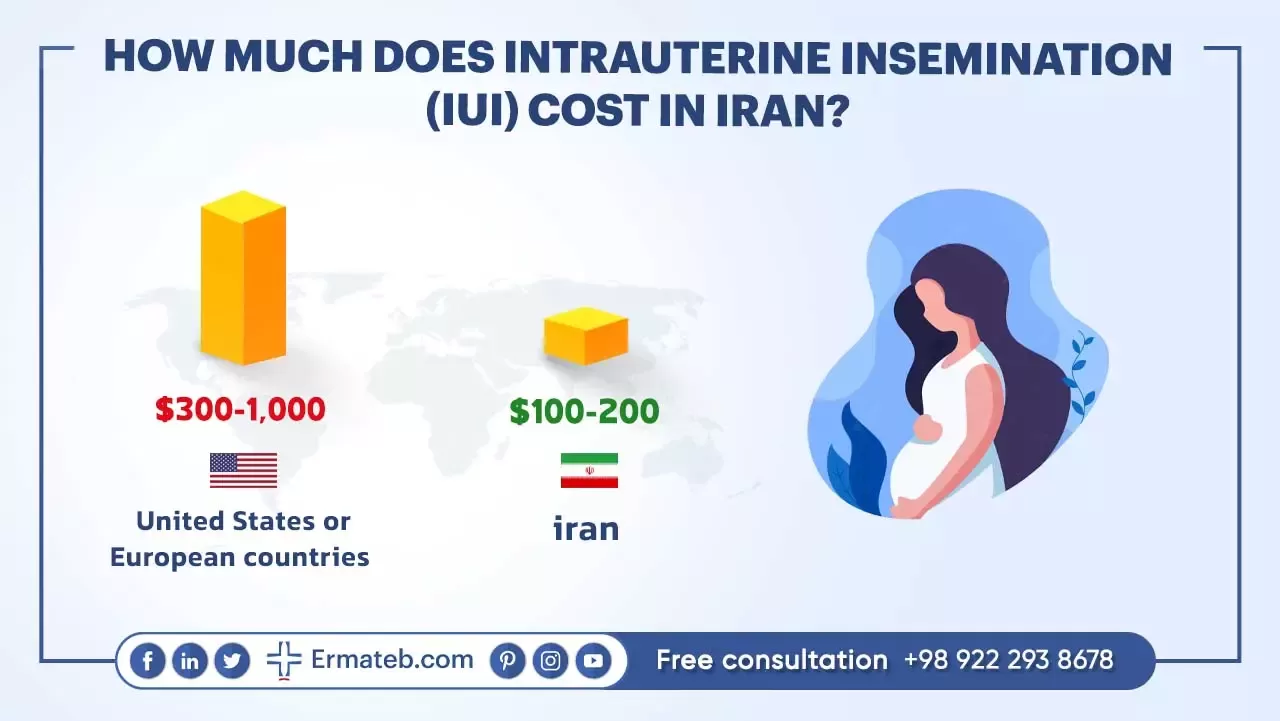
One of the important advantages is that this is an almost cheap fertility treatment compared to IVF-Infertility treatments. The cost of the intrauterine insemination cycle depends on various factors including the country, the clinic you want to have the treatment, your doctor fee, medications, whether it is the sperm of the partner or third-party donor, post-treatment care, etc. In some cases, the infertility couple may need repeated IUI to achieve results. All these factors may increase the price of the treatment.
Intrauterine insemination in Iran is between $100 and $200. The price is low Compared to the minimum cost in the United States or European countries which is usually around $300 to $1000. Therefore, you can benefit from the highest quality services that will be provided to the patients at a low cost.
WHO IS RECOMMENDED FOR INTRAUTERINE INSEMINATION IN IRAN?
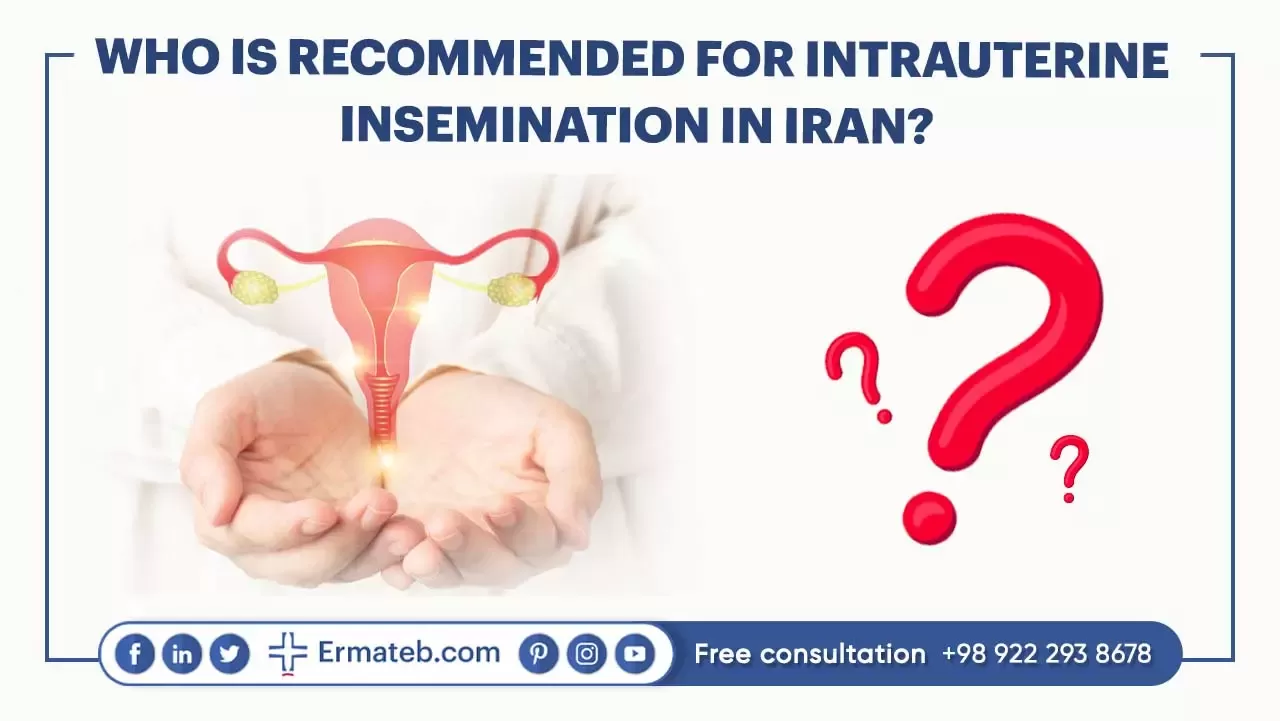
Individuals with unexplained infertility, those who have ejaculation problems, or cervical mucus problems. There are certain situations like fallopian tube disorders, where intrauterine insemination will not work well.
Infertility couples may want to begin with IUI instead of IVF treatment because it may eliminate all their issues to achieve pregnancy.
The best candidates for IUI are those who have:
1.The important and one of the most common reasons are reduced sperm motility or poor sperm.
2.Adequate quality oocytes
3.Male partner with enough sperm count
4.Adequate hormone levels
5.Fallopian tubes that aren’t blocked and are in good health
intrauterine insemination in Iran is most commonly used in these conditions:
1.reduced sperm motility
2.unexplained infertility
3.mild endometriosis
4.problems with the cervix or cervical mucus
5.problems with erection or ejaculation
6.Women with semen allergies
7.Cervical scar tissue from previous operations which may prevent the sperm’s ability to enter the uterus
8.The existence of anti-sperm antibodies in semen
intrauterine insemination isn’t effective in the following conditions:
1.women with intense fallopian tube disease
2.those women with previous multiple pelvic infections
3.men who don’t produce sperm (except the infertility couple who wishes to use donor sperm)
4.women with moderate to intense endometriosis
In conditions where intrauterine insemination isn’t work, other treatments like IVF may be helpful.
WHAT IS THE SUCCESS RATE OF INTRAUTERINE INSEMINATION IN IRAN?
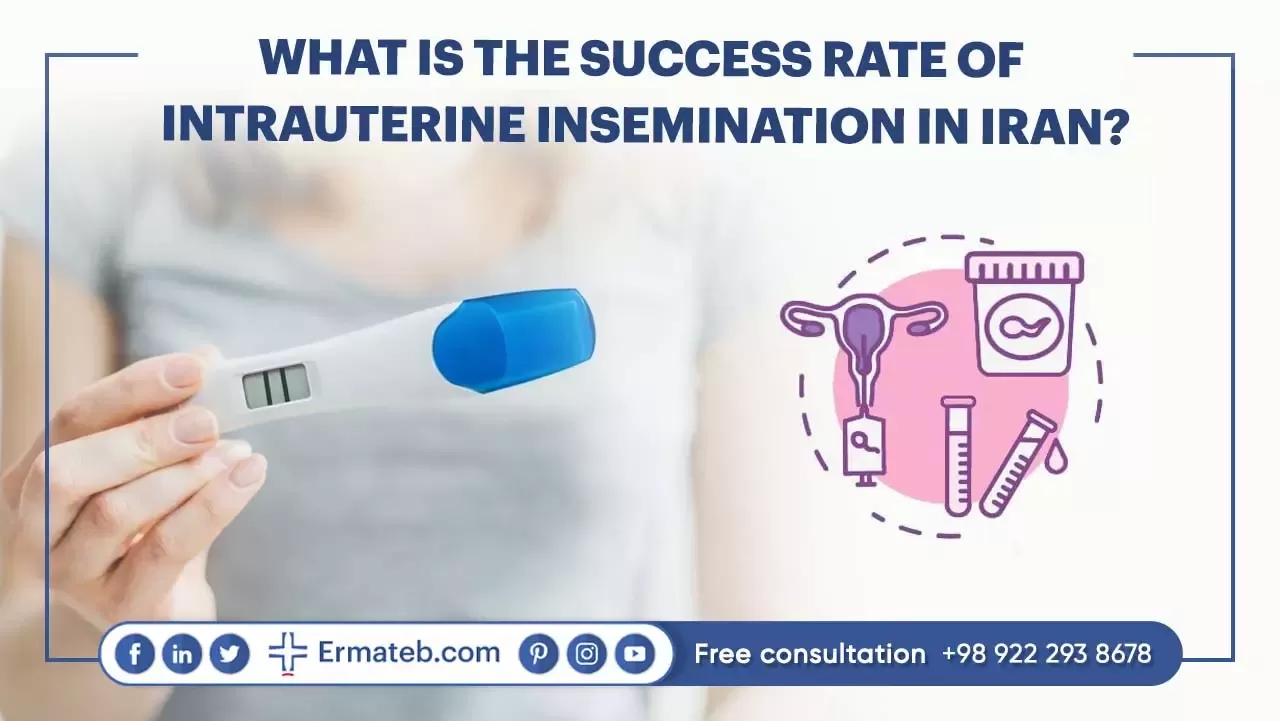
You can take a pregnancy test 2 weeks after the sperm transfer. The positive pregnancy test shows that the intrauterine insemination process is successful.
The intrauterine insemination treatment success rate depends on various factors, such as female age, the cause of infertility, and the quality of oocytes and sperm. Also, remember that the success rate of an IUI cycle is usually low, which means most infertility couples must repeat the treatment. In women who are under 35 years, the success rate per cycle is 20% and it’s 88% after 7 cycles. While the success rates for women between 35 and 40 years are about 12% per cycle and 65% after 7 cycles.
the success rates of IUI for infertility couples with various infertility problems who had more than one cycle were: 56 % for cervical issues, 48 % for anovulation, 42 % for infertility of male factor, 38 % for low poor sperm count, 36 % for no reason infertility, and 4 % for low sperm motility.
ERMATEB WILL BE WITH YOU THROUGH YOUR INTRAUTERINE INSEMINATION IN IRAN
As we mentioned, Iran is the first destination for patients who want to have IUI treatment because:
1.the reasonable and low price of surgery,
2.the best surgeon,
3.the advanced clinics and hospitals
Ermateb is a facilitator in the medical tourism industry which is located in Iran University of Medical Sciences, Tehran, Iran. One of the important goals of this company is to provide services of the highest quality. If you are looking for effective and affordable intrauterine insemination in Iran, contact Ermateb for more information, including choosing the best doctor or surgeon, the best hospital, the hotel, obtaining the visa, booking the flight and accommodation, transportation, aftercare, and all the services you are going to give during your travel to Iran.
HOW TO CONTACT ERMATEB AND ARRANGE YOUR TREATMENT?

To arrange your treatment in Iran you can contact Ermateb via an online form on the website or via WhatsApp. After that, our consultant may ask for your medical information and records may be required. Alongside your treatment, you can enjoy your travel by visiting the cultural and historical attractions of this country.
WHAT ARE INTRAUTERINE INSEMINATION RISKS?
intrauterine insemination treatment does not have serious risks. The main risk which some couples might consider is multiple pregnancies when coordinated with ovarian stimulation medications. In multiple pregnancies, there are risks of preterm births and maternal hypertension. The chance of multiple pregnancies will be increased when the patient takes a miscarriage. Also, after the IUI infection might occur.
WHAT ARE THE SIDE EFFECTS OF IUI?
Women who have done intrauterine insemination experience pain. However, the side effects like spotting, bleeding, and abdominal pain can occur. If pain is present after intrauterine insemination, only medicine painkillers, like NSAIDs, are allowed, and some drugs like Ibuprofen group painkillers should be avoided.
PREPARING FOR THE FIRST INTRAUTERINE INSEMINATION
1.Take tests to make sure you have no infections, at least 1 functioning fallopian tube, no diseases, and hormonal balance.
2.Choose a fertility specialist
3.Make your decision if you want to use fertility medicine or not.
4.Decrease anxiety and stress
5.Ask about sperm washing
6.You need to stop sexual intercourse before your surgery for at least 2-5 days.
7.Have a healthy lifestyle.
RESULTS OF IUI
As we mentioned above, wait at least 2 weeks before taking an at-home pregnancy test. If you take a pregnancy test too soon, it may result:
1.False-negative:
Because the pregnancy hormones are not yet at a measurable level, the test may be negative while you are pregnant.
2.False-negative:
When you are using HCG (ovarian stimulation medications) and still circulating in your body, the test may indicate pregnancy while you are not pregnant.
If you are not pregnant, you better should try intrauterine insemination again before moving on to other fertility treatments. Often, the same therapy is used for 3 to 6 months to increase the chances of pregnancy. However, we should not that pregnancy rates from other treatments like IVF are higher than those from IUI.
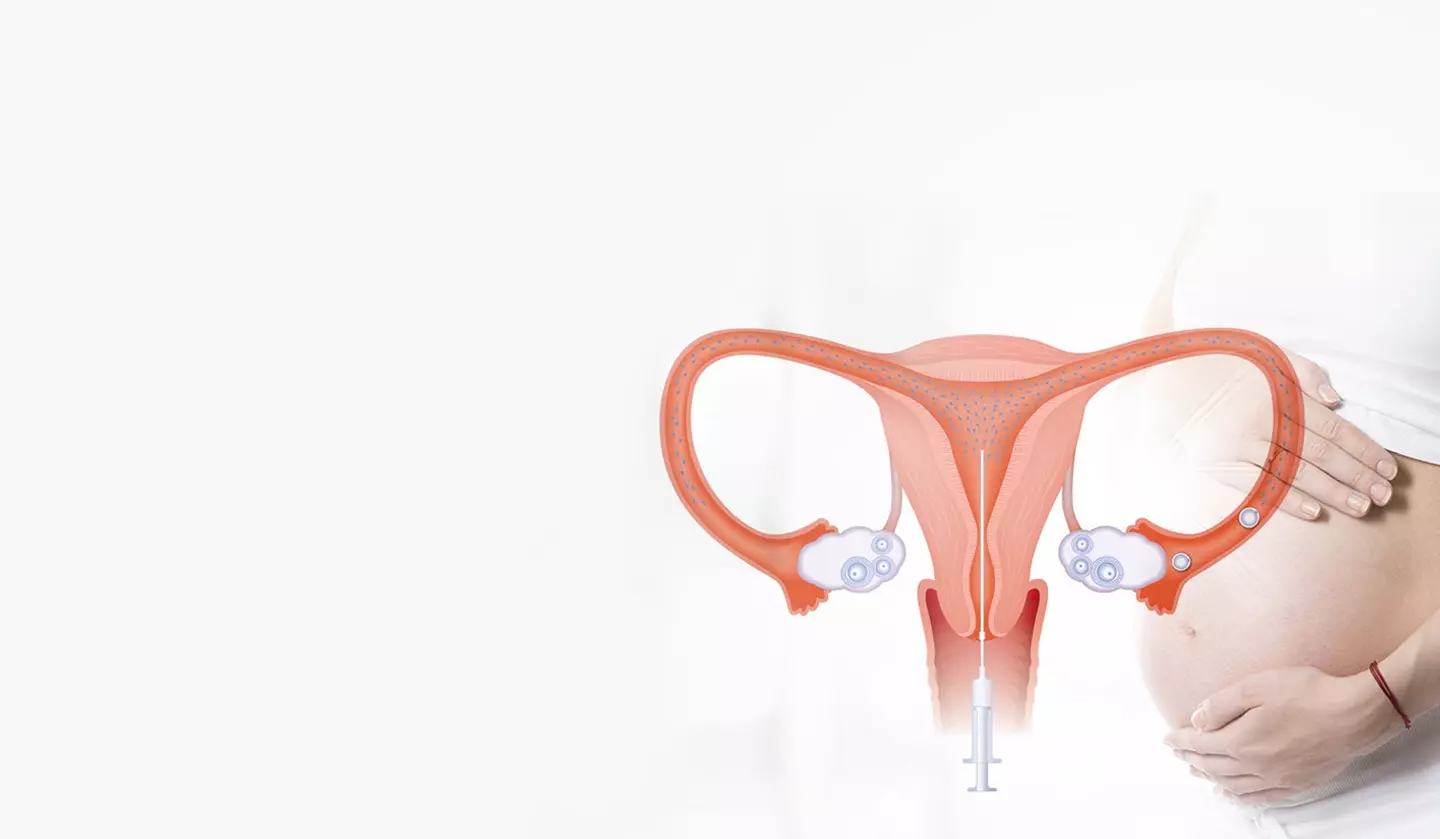

 Arabic
Arabic
 German
German
 Persian (Farsi)
Persian (Farsi)
 Russian
Russian
 Beauty
Beauty





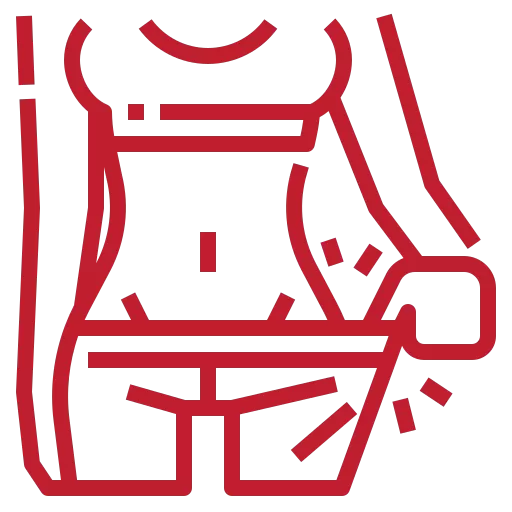
 Medical
Medical



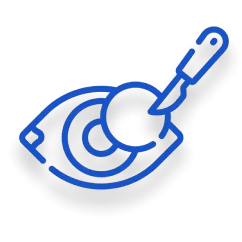

 Hotels
Hotels
 Hospitals
Hospitals















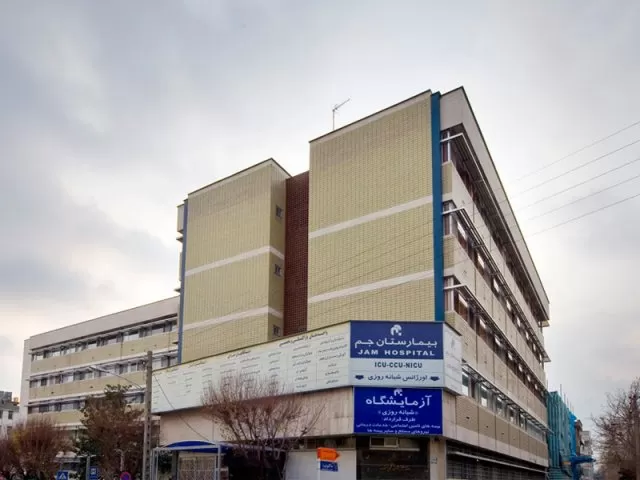

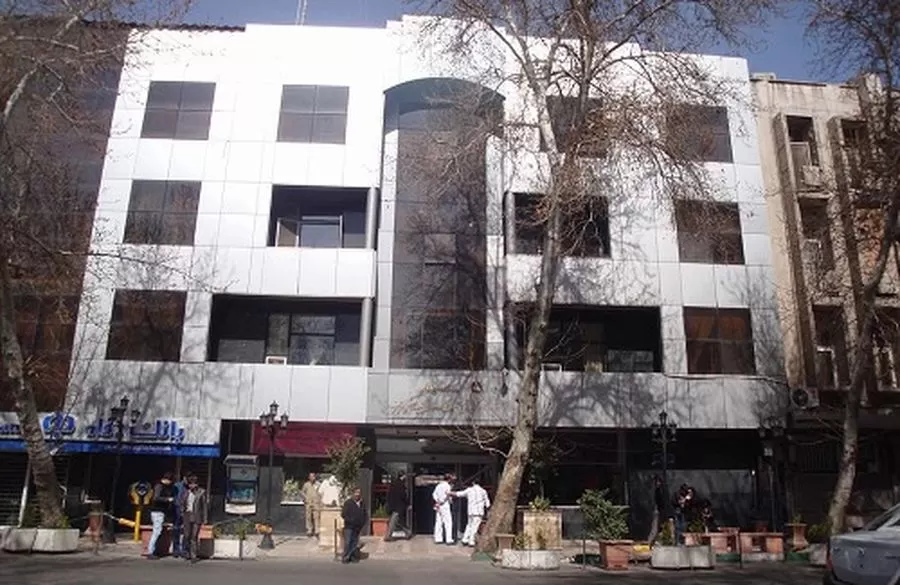







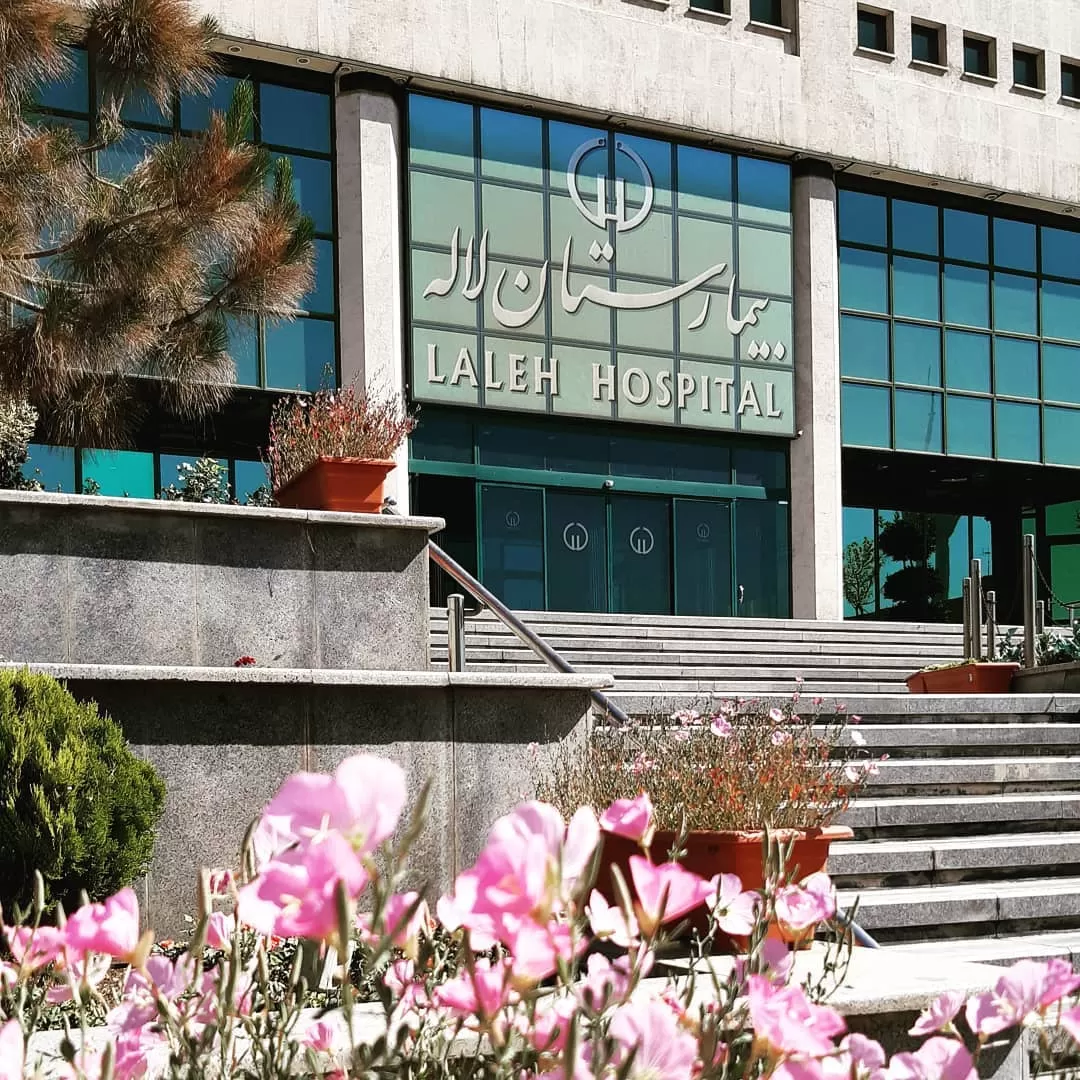

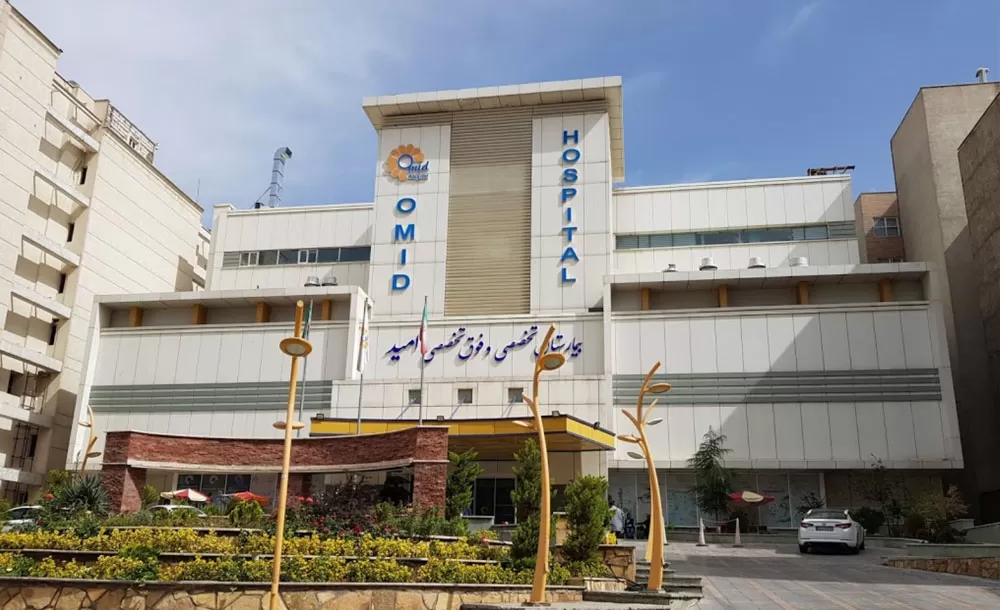


![Frequently asked question about [name]](/v2tem/images/pages/service/faq-image.webp)
